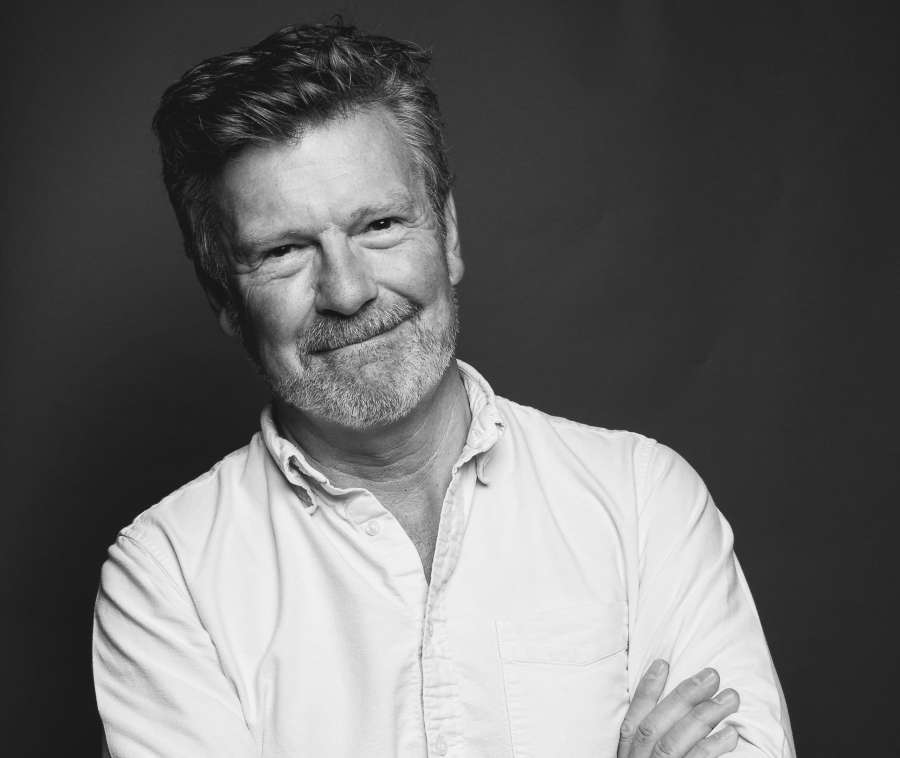Following the recent announcement that Olympus was planning to sell off its camera and lens business to a Japanese private equity firm this year, there has been a lot of discussion and speculation about the company’s future, not just in the photography press or online forums. Mark Thackara, Marketing Brand Manager for Olympus UK and a 35 year veteran of the company, met AP’s Nigel Atherton and Geoff Harris to cast more light on what’s been going on, answer questions about past strategy and future developments, and explain why going full frame still doesn’t make sense for them.
Why has this sale announcement been made now?
I’d only be speculating if I was to answer. Towards the end the of September we will know more. The decision was not specifically prompted by the Covid-19 pandemic.
Will Olympus be discounting to keep people interested in its products following this news?
I don’t think there will be any major discounting as a result of this. The market has been difficult for the last few years anyway, then the current virus situation has made life even tougher for everybody but what I can tell you is that we have sold more products in the last three months in the UK than we did last year – sales in this first quarter are up.
Everyone expected sales to drop off a cliff in April as all the stores were closed, but the UK is pretty robust when it comes to buying cameras and lenses online – probably the leading country in Europe when it comes to Internet sales. Not everyone was badly hit during the lockdown, and people could devote more time to their photography hobby, so we targeted them with various webinars and online interaction with our great team. So business is pretty strong.
Does the proposed sale include sound recorders and binoculars, as well as cameras and lenses?
It affects consumer products, so yes.
Looking back, do you have any regrets in terms of Olympus’s strategy?
It would be easy to rewrite history but I think all of the camera makers rode the wave of the digital boom, selling to a big bunch of people who hadn’t had a camera in past. Olympus pursued quite a single minded strategy but sometimes was maybe ahead of where the technology was – early electronic viewfinders, for example, did not meet consumer expectations – but the road map was pretty clear.

So can you elaborate on what this strategy was?
I’ll share a story if I may. Back in the good old days, we were sitting in a very nice Japanese restaurant in London and one of the R and D team said we will have 30fps shooting speed and virtually unlimited buffers pretty soon – a ton of things which now exist. This was over 10 years ago and people said this was never going to happen. At the time the technology was nowhere close but they could see the speed in which things were developing… but they were then dependent on chip makers and other hardware parts to catch up.
By backing mirrorless, Olympus was saying ‘look we can overtake what the other cameras can do.’ That brings you on to a discussion about the size of the sensor, and that is another topic. Olympus knew all along where the technology was going but it took time for the technology to catch up with their aspirations. Also by going for a smaller sensor, it was easier to build really effective image stabilisation (IS) around it. High performance with portability remains a big advantage of our system.
How do you respond to comments that you were also behind the curve on video?
Video is a completely crazy set of specifications, its own little mad universe. We took a view that this was where Panasonic’s expertise lay, so we were more focussed on the still image. With IS, we could offer something which could help with video, too, but let’s not pretend we could build every single video format into the cameras.
So if you didn’t really put a foot wrong, why is the parent company selling off the Imaging Division to a private equity firm?
There is a distinction between we can’t make money with the products, and we can’t make enough money. The division was making money, but it was loss making, and that is the amount of money you are making versus the costs – it doesn’t take a genius to work out you have to cut the costs. There are also plenty of examples in business where companies have evolved, as some of their business areas don’t fit so well with the others.
How do you respond to negative speculation online about Olympus’s future?
I also see a lot of positive comments online. If you want to be able to take your camera in a bag on a plane, with a good range of lenses, the benefits of our system are very clear. The argument about full frame will carry on for ever. It’s no different from cars. If you want a Land Rover Defender you will buy one but if you want something more compact you can easily park in town, you will buy a Mini.
Nobody can promise that Olympus will be here in 100 years time, as you can’t say that about any brand. What I can say is, we have seen the product road map, including the new lens one, and it’s very exciting. The company wouldn’t be bringing out news lenses if they didn’t believe in the system. We are quietly positive.
Will there be a change of strategy when the new owners take over – if you can’t beat them join them when it comes to full frame, for example?
That doesn’t make sense. The industry seems to think sales will flatten out, from falling off a precipice in the last five years, with 30-40% a year declines, to reaching a plateau. The people buying cameras will be the ones who love photography, whether to make money or for fun. We have a system that appeals to a decent number of these people, what we have to do is make a structure that is self-sustaining and it just doesn’t make sense to join an already crowded field.

At the moment we offer portability and certain performance advantages…. If we moved into full frame, what would we offer that is different? We can make a difference with great design too, as seen with the EM-10 and Pen range (above). They are very attractive to people upgrading from phones.
So what is your final messages to current Olympus owners, or prospective customers, who might be worried about expanding their system or buying into it?
Don’t panic. As far as we are concerned it is business as usual. Businesses change hands and flourish, so there no reason this won’t be the case here. I have been through all sorts of ups and downs in my 35 years with Olympus. Our basic technology and core proposition are still very good.








